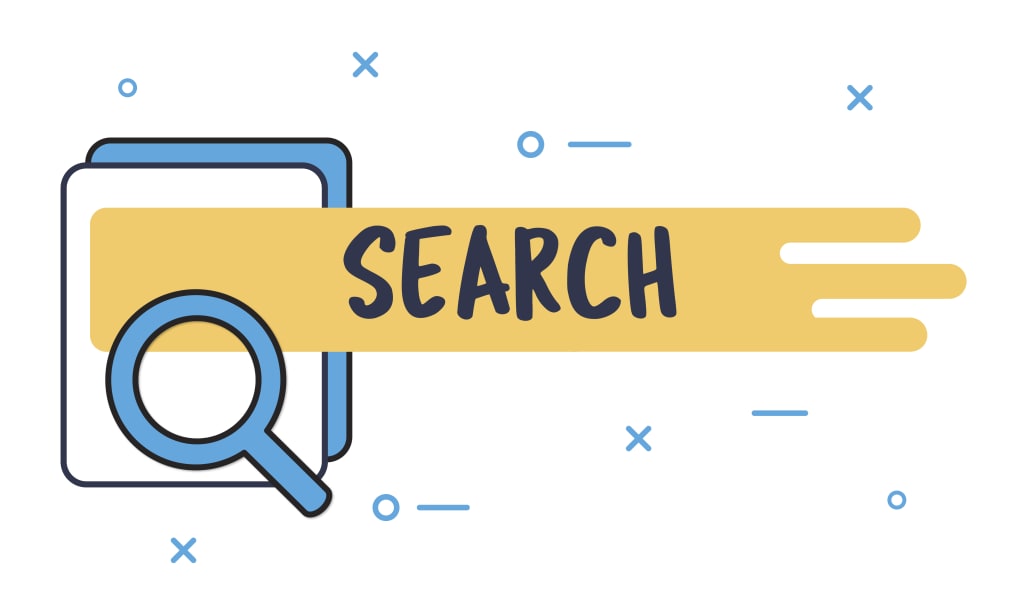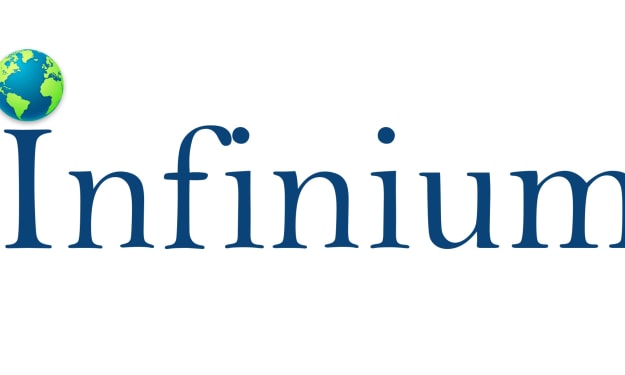Is De-Googling possible?
Time to think about your online privacy! #Degoogle

Introduction:
"For over two decades, the name 'Google' has become a household name that almost everyone knows. Google has become an integral part of our lives. From searching for information, checking emails, watching videos, and navigating through maps, we rely on Google for almost everything. Whether you're a student, a business owner, or simply someone looking for information, chances are you've utilized Google's services at some point.
From the United States to Japan and beyond, people of all ages and backgrounds have come to rely on Google for its innovative search algorithms, user-friendly interfaces, and diverse range of products and services. Founded in 1998 by Larry Page and Sergey Brin while they were PhD students at Stanford University, Google has grown from a simple search engine to a multinational corporation with a vast array of products and services.
But how did Google become the tech giant it is today, and why are more and more people looking to de-Google their digital lives? Let's take a closer look."
How Google became so famous :
Google's impact on the way we search for information has been so profound that it has become a verb in our everyday language. Instead of saying "search for something on the internet," people often say "Google it." This shift in language reflects the significant role that Google has played in revolutionizing the way we access and consume information online.
Google became famous because it revolutionized the way we search for information on the internet. Before Google, search engines were clunky, slow, and often returned irrelevant results. Google's search algorithm, PageRank, changed all that by providing more accurate results based on the relevance and authority of web pages. Moreover, Google's minimalist design and user-friendly interface made it easy for anyone to use. As Google grew, it also introduced other services like Gmail, Google Maps, and YouTube, which further cemented its place in our daily lives. Google's success can also be attributed to its ability to innovate and adapt to changing technologies and user needs.
Why Google Is a Monopoly :
Google's search engine is by far the most widely used in the world, with a market share of over 90%. Additionally, Google's mobile operating system, Android, powers the majority of smartphones globally. This dominance in the tech industry is due to its deep pockets, vast resources, and aggressive business tactics. Google has acquired several companies over the years, including YouTube, Android, and Nest, which has given it an unfair advantage over its competitors. Moreover, Google's search algorithm has become so sophisticated that it's almost impossible for other search engines to compete with it.
Why People Want to De-Google :
There are many reasons why people are choosing to de-Google.
Google's dominance in the tech industry has led to some concerns about data privacy and security. Google collects vast amounts of data from its users, including search queries, location data, and personal information.
This data is then used to create targeted ads, which can be intrusive and even creepy at times. Moreover, Google's business model is based on collecting data and using it to sell ads, which raises questions about our security and privacy.
Some people are feeling uncomfortable with the idea of one company having so much power and control over the internet, and feel that decentralizing power is an important step in promoting a more open and diverse internet.
Can We Really De-Google?
De-Googling is not an easy task, and in many cases, it may not be possible to completely eliminate all traces of Google from your online life. Google's products and services have become so deeply ingrained in our daily routines that it's hard to imagine life without them. However, we can take steps to reduce our dependence on Google by using alternative search engines, email providers, and mapping services.
What are the alternatives for Google?
Despite Google's dominance, there are many alternatives to Google's products and services. Some examples that I am using are
- Search: DuckDuckGo, Startpage, Qwant
- Email: ProtonMail, Tutanota, FastMail
- Cloud storage: Nextcloud, Sync.com, pCloud
- Mobile operating systems: LineageOS, SailfishOS, IOS, Blackberry
- Browsers: Firefox, Brave, Tor Browser
- Maps: OpenStreetMap, Mapbox, HERE maps
While these alternatives may not offer all of the same features and functionality as Google's products, they do provide viable options for those who want to reduce their dependence on Google.
Any other rivals Will Take Over Google?
While it's difficult to predict exactly what the future of the internet will look like, there are many companies and technologies that are emerging as potential challengers to Google's dominance. Some examples include:
- Decentralized technologies like blockchain, which could offer more secure and privacy-focused alternatives to centralized platforms like Google.
- New search engines like Brave's privacy-focused search engine, which could offer a more privacy-friendly alternative to Google.
- Open-source mobile operating systems like LineageOS, which offer a more customizable and privacy-focused alternative to Android.
While it remains to be seen whether any of these technologies or companies will be able to challenge Google's dominance, it's clear that there is a growing demand for more privacy-friendly and decentralized alternatives to the current internet landscape.
Conclusion
De-Googling can be a challenging and time-consuming process, but it's also an important step in taking control of your online data and protecting your privacy. By using alternative search engines, email providers, and browsers, and avoiding Google-owned products, you can reduce your dependence on Google and promote a more open and diverse internet. While Google's dominance may seem insurmountable, there are many emerging technologies and companies that are challenging the status quo and offering viable alternatives to the current internet landscape. By staying informed and engaged, we can all play a role in shaping the future of the internet and promoting a more decentralized and democratic online world.
The End
Like, Comment and Subscribe
With Love,
Aerious.
About the Creator
Aerious
I Lyk to wryt ,






Comments (1)
degoogle... its great avoid monopoly